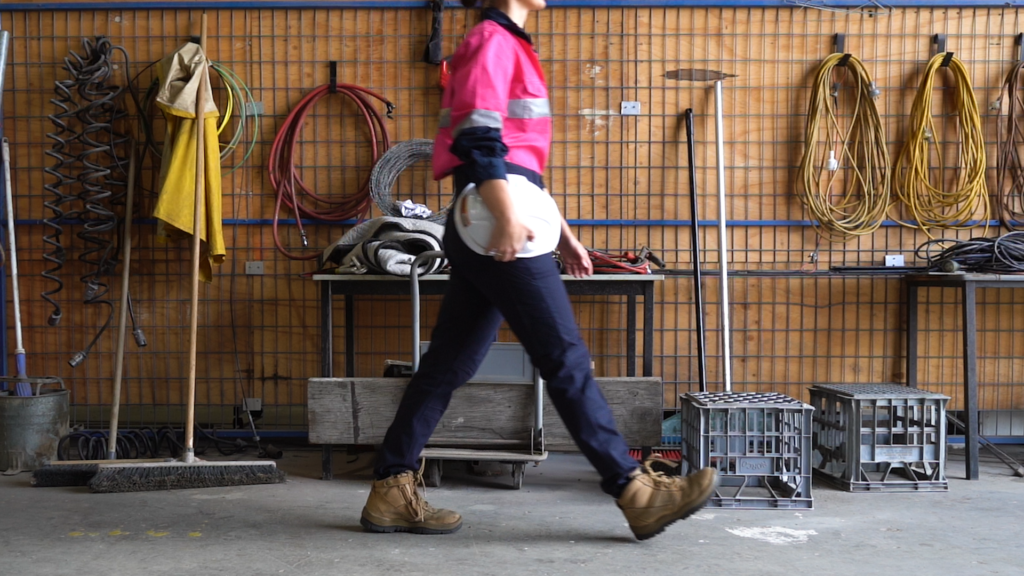Popular Posts
If you’re a painter by trade, you may be thinking of starting your own painting and decorating business. Being your own boss offers independence and career opportunities, but it also comes with a unique set of challenges.
Before striking out on your own, here are some tips on how to start a painting business.
Register Your Business
Anyone can call themselves an entrepreneur, but registering your business makes it official. The steps involved with the registration process can vary depending on whether you want to operate as a sole trader or a company.
Getting started as a sole trader is easy. All you need to do is apply for an Australian Business Number (ABN), then apply for a business name. As a sole trader, you and your business will be considered a single entity under Australia’s taxation system, so you’ll share a single Tax File Number (TFN). The main advantage of setting up your business using the sole trader structure is that it’s much cheaper and easier than establishing a company. The main disadvantage is the lack of personal asset protection. If your business goes bust, your personal assets won’t be protected. On the other hand, establishing yourself as a company means your business will be considered a separate entity with its own TFN and ABN. This process can be more costly and time-consuming, but your personal assets will be protected from business losses.
Get Insurance

When it comes to figuring out how to run a painting business, insurance should be one of your top priorities. In a perfect world, every customer would be satisfied with your services and you and your employees would never make errors or sustain injuries on the job. Unfortunately, the real world is often more complicated.
From minor defects and errors to property damage and serious injuries, plenty of things can go wrong in the painting and decorating business. Even the most skilled tradies aren’t immune to making mistakes or injuring themselves. As a self-employed tradesperson, you’ll be responsible for you own actions, as well as those of your employees. This is why insurance is so important.
It’s crucial to invest in public liability insurance when starting your painting business, as it can be used to protect your personal assets (such as your home) should something go wrong.
Other types of insurance to consider when starting your painting business include:
- Income protection – If you can’t work due to an illness or injury, income protection can safeguard your financial security until you get back on your feet.
- Property insurance – Designed to cover business assets such as your tools and vehicles, this type of insurance will ensure you aren’t left out of pocket in the event of theft, fire or another disaster.
Insurance may be an additional cost, but you can’t put a price on peace of mind.
Hire an Apprenticeship

If your business gets off to a strong start and you need help meeting demand, consider hiring an apprentice. Apprentice wages start out quite low compared to standard salaries, so apprentices are more affordable to employ than fully qualified tradespeople. Training up an apprentice is great way to grow your business without overstretching yourself, allowing you to expand at a measured pace.
You can also train your apprentice in particular painting and decorating techniques, allowing them to acquire skills that are specific to your business.
Not sure if you really need to hire an apprentice? Check out our article on the 5 Benefits of Employing an Apprentice.
Get a Website
Having a strong online presence can make or break your painting business. Even if you choose a simple website with a basic structure, it’ll work wonders for getting your business off the ground.
Being active on social media channels like Facebook will also help you stand out from the crowd. In addition to enhancing your online visibility, you’ll be able to share positive customer reviews and photos of your handiwork.
Now that you know how to start your own painting business, it’s time to decide if you’re really ready. If you need more skills and knowledge before making the leap, Major Training can help facilitate your training. Learn more about how we help apprentices and trainees today.



